Nature reports
Page 3 of 76 - 753 Results
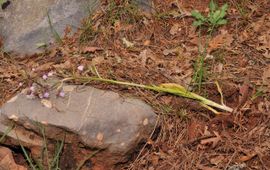
Edible terrestrial orchids are endangered worldwide due to overharvesting in the wild. Creating artificial hybrids from horticulture that do not occur naturally, for production of traditional beverages to meet consumer demand,..
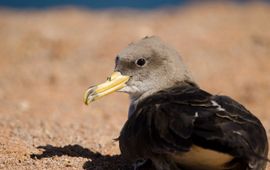
A new international study, led by Wageningen Marine Research, shows that shearwaters in the Mediterranean ingest significantly more plastic than their counterparts in the Atlantic Ocean. The research, recently published in Marine..
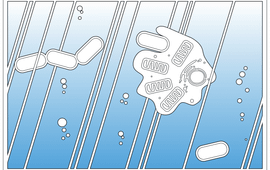
Complex life began to develop almost a billion years earlier, and over a longer span of time, than previously believed. This is shown by research conducted by, among others, NIOZ researcher Anja Spang. The study challenges several..
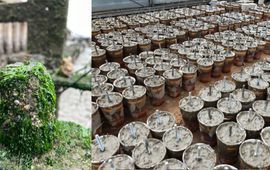
An innovative alternative to concrete could enable important coastal restoration work. The material Xiriton, made with local grass species and seawater, captures CO2 instead of emitting it, as conventional concrete does. NIOZ..
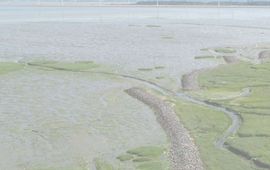
The Netherlands can make good use of the natural dynamics in coastal areas to protect against sea level rise. A broad, natural 'cushion' can protect the hinterland, is the conclusion of the exploratory study ‘Meegroeien’ (Growing..
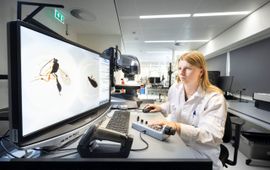
Recognizing all Dutch species – in every conceivable way. Starting today, everyone can utilize ARISE, the research facility that makes this possible. ARISE makes biodiversity measurable on a large scale. A new tool for species..
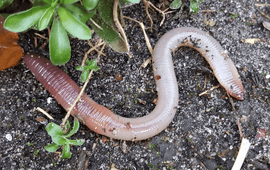
Earthworms do not stop shaping soil processes after they die. A new study shows they can still help store carbon in the soil, even after death. “This is quite surprising”, says lead author Tullia Calogiuri. “Most of our knowledge..
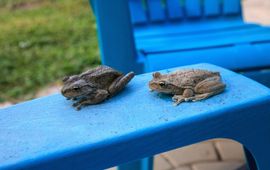
A large, poisonous frog from Cuba has quietly established itself on the small Caribbean island of St. Eustatius. Researchers have found that the invasive Cuban Treefrog (Osteopilus septentrionalis) is breeding in and around a..
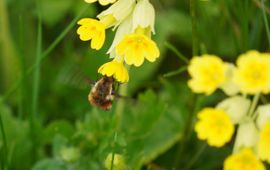
New research reveals how the increasingly intensive use of grasslands affects insects and other arthropods. Surprisingly, their total number remained stable when land use intensified, but species richness halved. This shows that..
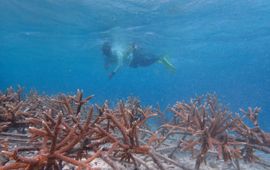
Turquoise waters, vibrant coral reefs, tranquil mangrove forests – that’s how we know Aruba. But this rich underwater world is under pressure and disappearing fast. Still, there is hope. Through the project Turning the Tide,..
